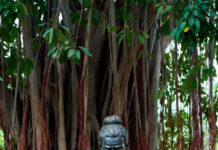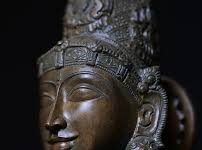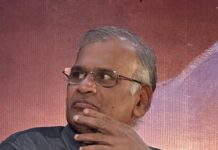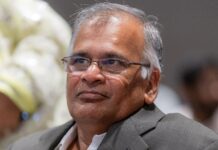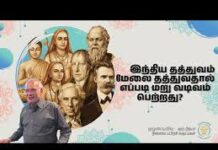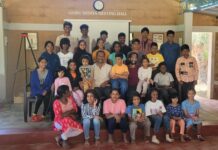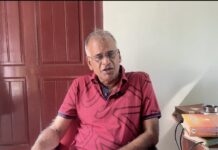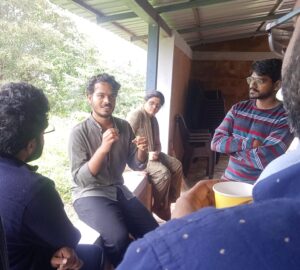 It was my fourth attempt. I booked Unified Wisdom classes thrice this year, but I couldn’t attend any of them. So I decided to attend the Western Philosophy class at any cost—the final opportunity of the year.
It was my fourth attempt. I booked Unified Wisdom classes thrice this year, but I couldn’t attend any of them. So I decided to attend the Western Philosophy class at any cost—the final opportunity of the year.
I could easily attend Je’s Puthiya Vaasagar Santhipu last year, as I didn’t have any commitments to deliver. I was in an existential crisis for a prolonged period, as my project was yet to commence. I also thought, it would be good to meet Je before starting the first big field project (I’m building a novel bioreactor for industrial wastewater treatment). Indeed, Je’s interaction helped me to break my pessimistic mindset.
2024, was a year full of continuous failure and learning both hand in hand. The reason is that my product came out of the lab and is in the field. Under the uncontrolled conditions of the real world, I had to make N number of iterations (still doing it), to make it work. Arjunan in Venmurasu, the short story “Sindhe”, and lastly “Indraiya Gandhi” have taught me, that failure is part of the process and standing up time and again is our duty. After attending Western philosophy class, I understood that there are external “Wills” that must be addressed, to take any meaningful action in the real world. Dreaming is the beginning, understanding the wills opposing while executing is an integral part of the life process.

Given the uncertainties which I faced in my product development, I felt I needed a strong ground in Western philosophy. For instance, the conventional centralized wastewater treatment plants are highly mechanistic and not suitable for India’s decentralized MSME context. Nature-based solutions are the postmodern answer to the centralization problem of conventional mechanistic systems. The hard part of building nature-based systems is that a fragmented mechanistic approach doesn’t mimic the field reality. A new way of scientific thinking (Unified/holistic) approach is required, as Je envisions in the “Visumbu” short story. Also, after Ajithan’s class, I feel a deep study of Schopenhauer’s work might provide a better theoretical background to my microbial ecological studies.
I should take a moment to share some of the key highlights during the Western philosophy class. The way Kant was introduced is a startling experience. After Hume’s criticism of philosophy and science, it takes a master to revive philosophy and there we have our Kant. How Ajithan ends Kant’s session with one of the philosopher’s popular quotes was impactful.
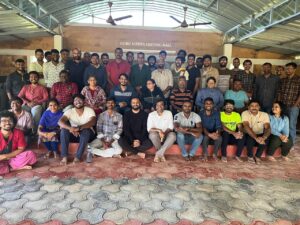
The best of Ajithan during Schopenhauer’s session opened “the eye” and left the entire class in utter silence at the end. While the Nietzsche session provoked the innermost beast (“Aathi Vilangu”) among us. Plato’s allegory of the cave, the Master-slave allegory of Hegel, the concepts of Gehalt-Gesalt (in the context of art), the moving way he presented Marx, and the elegance with which he presented Heidegger, to mention a few provide an unbiased introduction to German philosophy. Ajithan took deep patience in answering all the questions which we had. The combined laughter the class had with Ajithan’s “fun” discussions after the Day 2 dinner is something, that will be with us forever.
I believe Je’s Literature, coupled with Ajithan’s introduction to Western philosophy is a guiding light in my scientific quest. It’s indeed a blessing to get in the right direction at the beginning of the pursuit. The masters had done their job, now it’s on my shoulders (and unified thinking) to see how life turns up when I execute them in the decades to come.
Warm Regards,
Vasanth.
